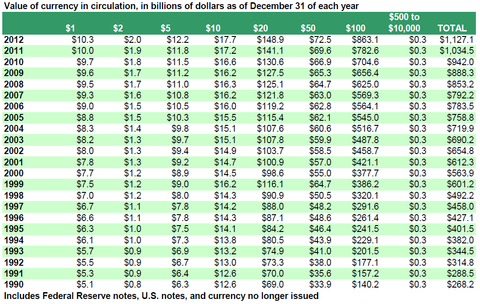Starting on Aug. 1, the tax will drop to 13 percent from the current 23 percent, a move devised to aid small businesses and bolster the crucial tourism sector.
“For the first time, we are not just averting something unpleasant, but we are bringing positive change,” Mr. Samaras said in a televised address. He noted that government officials had also dissuaded Greece’s lenders from imposing new cuts to pensions and a tax on the self-employed.
Earlier this month, euro zone finance ministers approved 6.8 billion euros, or $8.9 billion, in rescue loans, to be disbursed in installments. But the payouts are subject to the Greek government’s honoring its commitments to the so-called troika of lenders, the International Monetary Fund, the European Commission and the European Central Bank.
The extent of the austerity measures, which Greek lawmakers are set to vote on early Thursday, has been a point of contention.
Mr. Samaras has long lobbied for the lowering of the value-added tax on restaurants and taverns. Government officials had insisted that a cut in the V.A.T. would increase revenue, not reduce it, as well as curb tax evasion.
“They don’t believe it yet,” Mr. Samaras said, referring to the troika. “But they agreed to try reducing taxes for the first time.”
A European Commission spokesman said the reduction would be made on a trial basis.
“A reduction in the V.A.T. rate for the restaurant sector would be possible without running any budgetary risks, so long as it was just a temporary measure,” the spokesman, Simon O’Connor, said in Brussels.
The initiative drew a caustic response from the main political opposition, the leftist party Syriza, which accused Mr. Samaras of “cynicism and hypocrisy” for announcing the tax cut a few hours before a parliamentary vote on new austerity measures that calls for thousands of layoffs and wage cuts in the Civil Service.
“The delayed and temporary reduction on V.A.T. in the food service sector is a drop in the ocean of the catastrophic policies of the memorandum,” the party said in a statement, referring to Greece’s bailout deal with the troika.
Despite the objections of Syriza and other opposition parties, as well as some lawmakers from the governing coalition, the legislation is expected to be approved by the 300-seat Parliament, where the government has a slim majority of 5. A vote was to begin at midnight on Wednesday after two days of debate.
With the volatile political climate, Mr. Samaras will have a tough time enforcing the new reforms, particularly layoffs of civil servants, who have remained relatively unscathed during four years of austerity that have crippled the Greek private sector, pushing unemployment above 27 percent. In a bid to appease the local authorities, the government late Tuesday withdrew an article in the bill that would have imposed disciplinary action on mayors found to exceed their budgets.

Article source: http://www.nytimes.com/2013/07/18/world/europe/greece-wins-concession-on-tax-for-restaurant-meals.html?partner=rss&emc=rss



